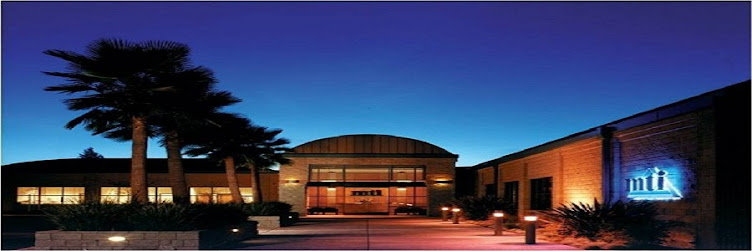Many health care trends today involve America’s aging population of baby boomers, and those in the medical assistant profession can look forward to increased responsibilities. If you are contemplating your career choices, it is an ideal time to enroll in a medical assistant program, such as the one offered by MTI College in Sacramento.
As the population ages, the number of patients increases. The trends in the medical industry indicate that new ways of providing care, charging for care and organizing medical records will be needed. Having well-trained, versatile medical assistants will be critical. A medical assistant learns to assist with medical exams, checks temperature and blood pressure, and often performs office laboratory procedures.
In addition to clinical duties, those in the medical assistant profession handle multiple administrative tasks, such as filing, admitting patients and taking medical history information. Depending on where the medical assistant works, he or she may even perform medical billing and coding functions.
The health care industry is changing, and a medical assistant’s duties are ever-evolving. These are some of the medical industry changes that impact the medical assistant profession:
Technology
Data analysis is being integrated into health care operations to improve record keeping, prevent waste and boost efficiency. The medical assistant must constantly update his or her skills to keep up with technology, especially as it is used more often for specific diseases and disorders. Doctors and nurses count on medical assistants to update data so they have the information they need to treat patients.
In addition, those who have entered the medical assistant profession must be technically savvy to use new software programs and devices (such as tablets) to gather and record patient history and pharmacological data. Since technology updates often, it is important that medical assistants stay up to date with advances.
Multitasking ability
Perhaps more so than any other type of medical employee, one in the medical assistant profession must be an expert at multitasking, due to the ever-changing nature of the health care industry. Medical assistants are now performing many of the duties previously done by doctors and nurses, such as coordinating patient care, and communicating with patients and insurance companies. A medical assistant who can adapt to change, communicate well and take on additional responsibilities will have an advantage.
Treatment facilities
According to the American Medical Student Association, the number of people over the age of 65 will have increased by 73 percent between 2010 and 2030. These older Americans will make up the majority of patients who will need health care – in many cases, specialized care. Baby boomers are expected to have higher rates of hypertension, high cholesterol, obesity and diabetes and will increase health care costs. Many of them will be treated in outpatient care facilities rather than in hospitals. This means that more sick patients will be released to their homes or rehab facilities, and medical assistants will be needed to work in these facilities.
Specialization
Because of the growing rate of elderly Americans, employers are looking for medical assistants with specialized training in geriatric care and obesity issues. It they are bilingual in Spanish and English, experienced in pediatrics and trained in electronic medical records, they will be even more valuable.
Choosing the best medical assistant certification training program
If you are excited about health care trends and look forward to a career in the medical assistant profession, choose the best medical assistant certification training program to give you the training you need to succeed. MTI College gives you the education and job placement support you need to begin your health care industry career.
As a student in the MTI Medical Assistant program, you will learn medical terminology, anatomy, physiology and pharmacology to help in your clinical work, as well as proper protocols and procedures. A required 160-hour unpaid externship provides hands-on experience. Once you’ve successfully completed your training – which could take as little as a year – you have access to MTI’s job placement assistance program. With advice from MTI’s expert staff, you could soon be on your way to helping physicians during medical exams, collecting and preparing specimens for the lab and preparing patient records.
According to the Bureau of Labor Statistics, job growth for medical assistants is faster than average. Your training from MTI College could put you in an entry-level position in a rewarding health care career. Contact MTI today to train to become a certified medical assistant.
The post Medical Industry Trends That Impact the Medical Assistant Profession appeared first on MTI College.
from
https://www.mticollege.edu/medical-industry-trends-impact-medical-assistant/
